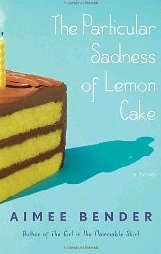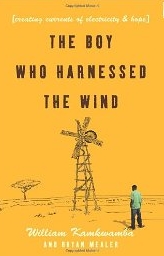 Click the link and listen to a short program from NPR’s Morning Edition, “Evangelicals Question the Existence of Adam and Eve” to see what happens when a modern, literal interpretation of sacred scripture is the only interpretation used. Interpreting biblical scripture, especially Genesis, as literal (meaning it actually happened just as written) requires one to abandon any ethical, moral and scientific integrity. More and more evangelical scholars are realizing this and questioning the purpose of a literal interpretation.
Click the link and listen to a short program from NPR’s Morning Edition, “Evangelicals Question the Existence of Adam and Eve” to see what happens when a modern, literal interpretation of sacred scripture is the only interpretation used. Interpreting biblical scripture, especially Genesis, as literal (meaning it actually happened just as written) requires one to abandon any ethical, moral and scientific integrity. More and more evangelical scholars are realizing this and questioning the purpose of a literal interpretation.
Just open any bible. Start with the very first book, Genesis. In reading the book of Genesis the reader encounters an immediate problem – there are two stories, two versions of Genesis – Chapter 1 and 2. These stories are not only different, they conflict. In the first story God brings forth all of creation, then creates human beings. In the second story, an older story, humans are created first and then God manifests the rest of creation in order that they will not be lonely. Which story is correct if a literal interpretation is all that is used?
The conflicting stories in Genesis is our first hint that these stories were not written to be a literal, historical video of the event. Rather, like the rest of the bible, myth, symbol, poetry, lament, narrative and historical memory create a tapestry – much like a painting. It is our job to locate God’s story within this recounting and to see the emerging themes of love, generativity, forgiveness and reconciliation. These stories tell us something about who God is for us and what God is like.
Using a literal interpretation – which is a very modern development – reduces all the depth and richness of this story to a recitation of facts. It is a flat, reductionist understanding of God and the relationship God has with us and with all of creation.
Nevertheless, one literal evangelical scholar protested that if Adam and Eve didn’t actually exist, then Jesus’ reason for dying on a cross to remove the sin of Adam – as St. Paul claims – is no longer valid. But truly, if God required Jesus to die a torturous death in order to redeem us, then that is a pretty small and vengeful god. Surely God can redeem anyone without requiring that someone suffer torture.
Jesus didn’t come to die, although he was willing to take that risk. Rather, Jesus came to teach us how to live – with each other in a way that is just and provides for all. But that’s a message we don’t want to hear. Religious authorities in Jesus’ time didn’t want to hear it either. In fact they killed him because of the inherent, subversive nature of this message. Others, even in our own time (Martin Luther King Jr., Gandhi, for example), have been killed for standing up for this very same message.
Of course, the trumped up “science vs. religion” conundrum all boils down to this; if you want to place human beings at the top of Aristotle’s Greek philosophical hierarchy of creation, thereby justifying laying waste to the environment and other creatures by virtue of divine decree – a literal interpretation will work very nicely, thank you.
Science and our own experience tells us that reality, including us, is an interconnected, interdependent web. To hurt one part of the web is to injure the entire web. A very catholic idea. How we speak about things is important in determining how we understand reality.
Always ask, “Who benefits and who is disadvantaged when one interpretation is chosen over others?”
You may also like Power of Framing, Fundamentalism is Fatal and Traditions, Teachings and Changes.



